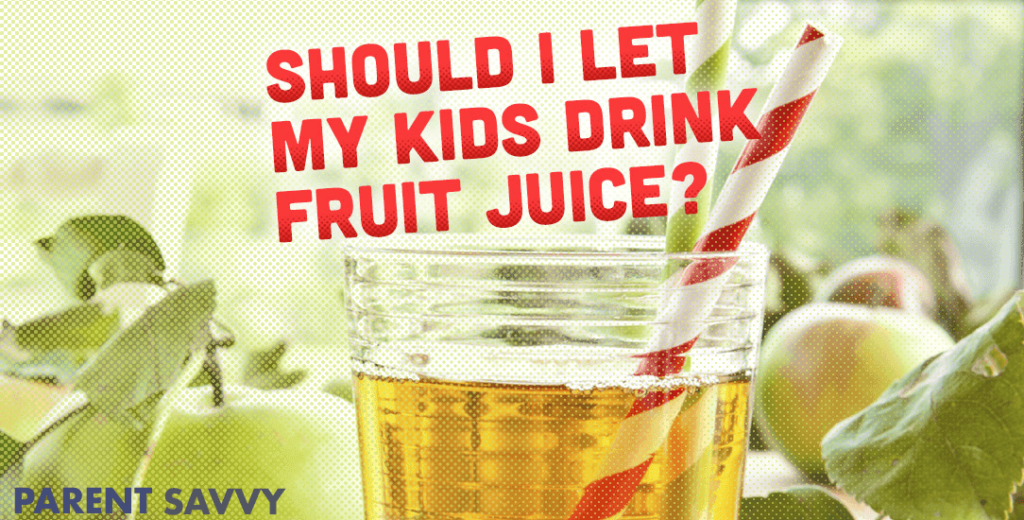As parents, we want the best for our children. One of the things we constantly worry about is their nutrition. One particular area of concern is fruit juice, which has been a staple in many kids’ diets. In this article, we will explore the benefits and risks of fruit juice for kids and provide recommendations on how to include it in their diet.

Fruit juice has been a popular beverage choice for kids for decades. Parents often choose it as an alternative to soft drinks or other sugary drinks. However, recent studies have raised concerns about the health effects of fruit juice consumption. In this article, we will take a closer look at the benefits and risks of fruit juice for kids and provide recommendations on how to incorporate it into their diet.
What is fruit juice?
Fruit juice is made by extracting the juice from fresh fruits. It can be consumed in its natural form or processed into a concentrate. Commercial fruit juice often contains added sugar, preservatives, and flavorings.
The Benefits of Fruit Juice for Kids
Provides essential vitamins and minerals
Fruit juice is an excellent source of vitamins and minerals that are essential for kids’ growth and development. It contains vitamin C, which boosts the immune system and helps the body absorb iron. It also contains potassium, which is important for healthy heart function and blood pressure regulation.
Hydrates the body
Fruit juice is an effective way to hydrate the body, especially during hot weather or after physical activity. It contains water and electrolytes that help replenish fluids lost through sweat.
Boosts the immune system
Fruit juice contains antioxidants and other nutrients that help boost the immune system. These nutrients help protect the body against infections and diseases.
Helps with constipation
Fruit juice contains fiber, which helps regulate bowel movements and prevent constipation. It also contains natural laxatives that can help relieve constipation.
The Risks of Fruit Juice for Kids
High sugar content
Many commercial fruit juices contain high amounts of added sugar, which can lead to weight gain and tooth decay.
Causes tooth decay
Fruit juice is acidic, which can erode tooth enamel and cause cavities. Additionally, the high sugar content in fruit juice can feed bacteria in the mouth, leading to tooth decay.
Can lead to weight gain and obesity
Fruit juice is high in calories and sugar, which can contribute to weight gain and obesity if consumed in excess.
May lead to diarrhea
Fruit juice contains fructose, a type of sugar that can cause diarrhea if consumed in large amounts.
Recommendations for Fruit Juice Consumption for Kids
To enjoy the benefits of fruit juice without the risks, follow these recommendations:
- Limit intake to 4-6 ounces per day.
- Choose 100% fruit
- Choose 100% fruit juice without added sugar.
- Offer water as the primary beverage.
- Avoid juice for infants under 6 months.
- Serve juice with meals or snacks, not as a standalone drink.
Conclusion
In conclusion, fruit juice can be a healthy part of a child’s diet when consumed in moderation and with caution. It provides essential vitamins and minerals, hydrates the body, boosts the immune system, and helps with constipation. However, it also carries risks such as high sugar content, tooth decay, weight gain, and diarrhea. Therefore, parents should limit their children’s fruit juice intake, choose 100% fruit juice without added sugar, and offer water as the primary beverage.
7. FAQs
No, water should always be the primary beverage for children. Fruit juice should be consumed in moderation and as a supplement to water, not a replacement.
No, fruit juice is not recommended for infants under 6 months old. Infants should only consume breast milk or formula.
The American Academy of Pediatrics recommends limiting fruit juice intake to 4-6 ounces per day for children aged 1-6 years old.
Yes, some children may be allergic to certain fruits used to make juice. Parents should watch for any allergic reactions and consult a doctor if necessary.
Homemade fruit juice can be a healthy alternative to store-bought juice if made with fresh fruits and no added sugar. However, it is important to note that homemade juice can also contain high amounts of natural sugar and should be consumed in moderation.
